Lists
















22 Books
to read
Sort by:
Recent Desc
More lists by A G
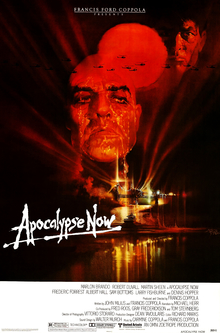
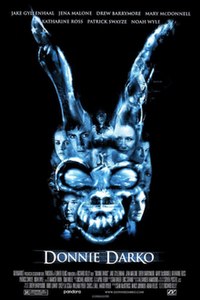
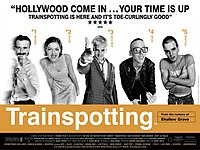
to watch
List includes: Apocalypse Now, Donnie Darko, Trainspotting
August 2022
0
@crazystraw01



true favorites
List includes: 500 Days of Summer, Reservoir Dogs, Coraline
July 2022
0
@crazystraw01
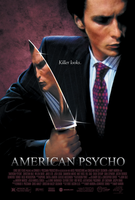


more than like
List includes: American Psycho, The Dark Knight, The Office
July 2022
0
@crazystraw01


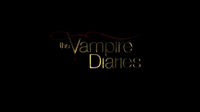
finish line face plant
List includes: Arrested Development, True Blood, The Vampire Diaries
July 2022
0
@crazystraw01

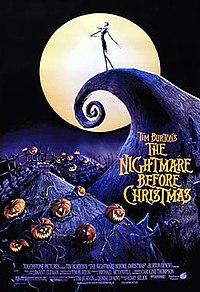

musicals
List includes: Sweeney Todd: The Demon Barber of Fleet Street, The Nightmare Before Christmas, The Phantom of the Opera
September 2021
0
@crazystraw01